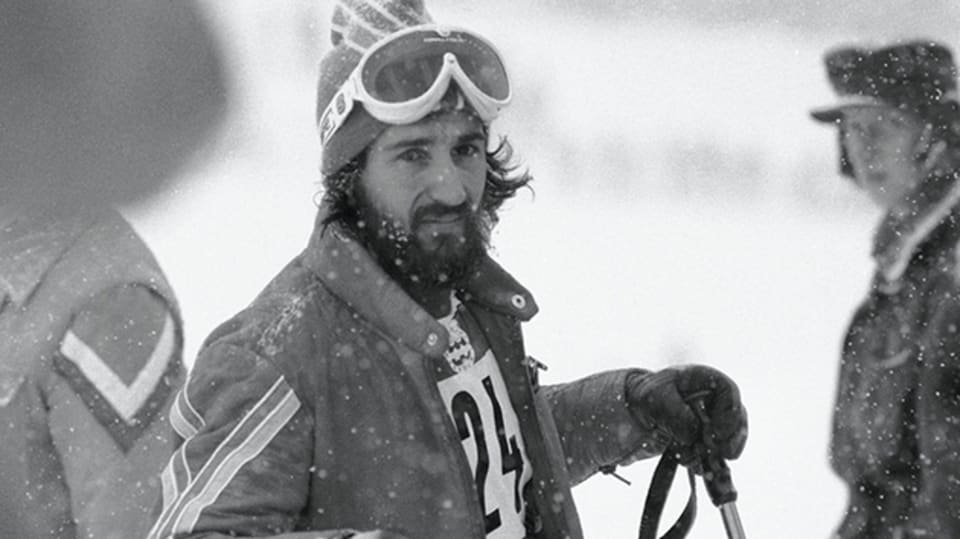Hemmi springs a surprise in the giant slalom
Franz Klammer may have sealed legendary status with his death-defying downhill performance in Innsbruck, but the Austrian didn’t have a monopoly on surprise victories in the 1976 Olympics. Slalom racing fans still recall the surprise gold medal won by a bricklayer from Switzerland by the name of Heini Hemmi.

With his compact frame and thick, bushy beard, the unassuming Hemmi seemed likely to be locked out of the medals race in the giant slalom, dominated at the time by the Italian, Gustavo Thöni, and Ingemar Stenmark of Sweden. But anything can happen in an Olympic contest.
Whereas downhill racing is all about speed, the slalom competitions are more a test of control. Giant slalom is, as the name suggests, a longer version of the slalom, with longer, more open corners and gates further apart. Racers complete two different runs on the same course and are ranked by their average time.
The competition made its Olympic debut at the 1952 Games in Oslo and has been run in every world championships and Olympics since.
As the 1976 Alpine competitions opened on Patscherkofel, Thöni – a four-time World Cup winner, silver medallist in the slalom and champion in the giant slalom in Sapporo in 1972 – was the odds-on favourite to win gold in both slalom and giant slalom. In fact, so great was Thöni’s talent, he was tipped to become the first man to win back-to-back Olympic gold in the latter contest. Conversely, Heini Hemmi had never won a World Cup race – and his luck didn’t look set to change after he failed to even finish the slalom.
After the first runs in the giant slalom, Hemmi, 27, lay in third place, with Thöni comfortably in the lead – seemingly assured of victory – and Stenmark of Sweden in second place.
But come the second run, Thöni could only manage the eighth best time in the competition. Meanwhile, Hemmi maintained his consistent performance, clocking in at 1:41.56 to record the second fastest time.
That run, combined with the earlier time of 1:41.41, earned the constructor from Churwalden a shock gold medal with a time of 3:26.97 – much to the surprise of thousands of roaring spectators lining the course.
Hemmi’s compatriot Ernst Good took silver, while Stenmark won bronze. Thöni, furious, stormed off the course, refusing to talk to waiting journalists.
Hemmi went on to win four World Cups after his stunning triumph, but his Innsbruck gold medal remained the peak of his career on the slopes.
